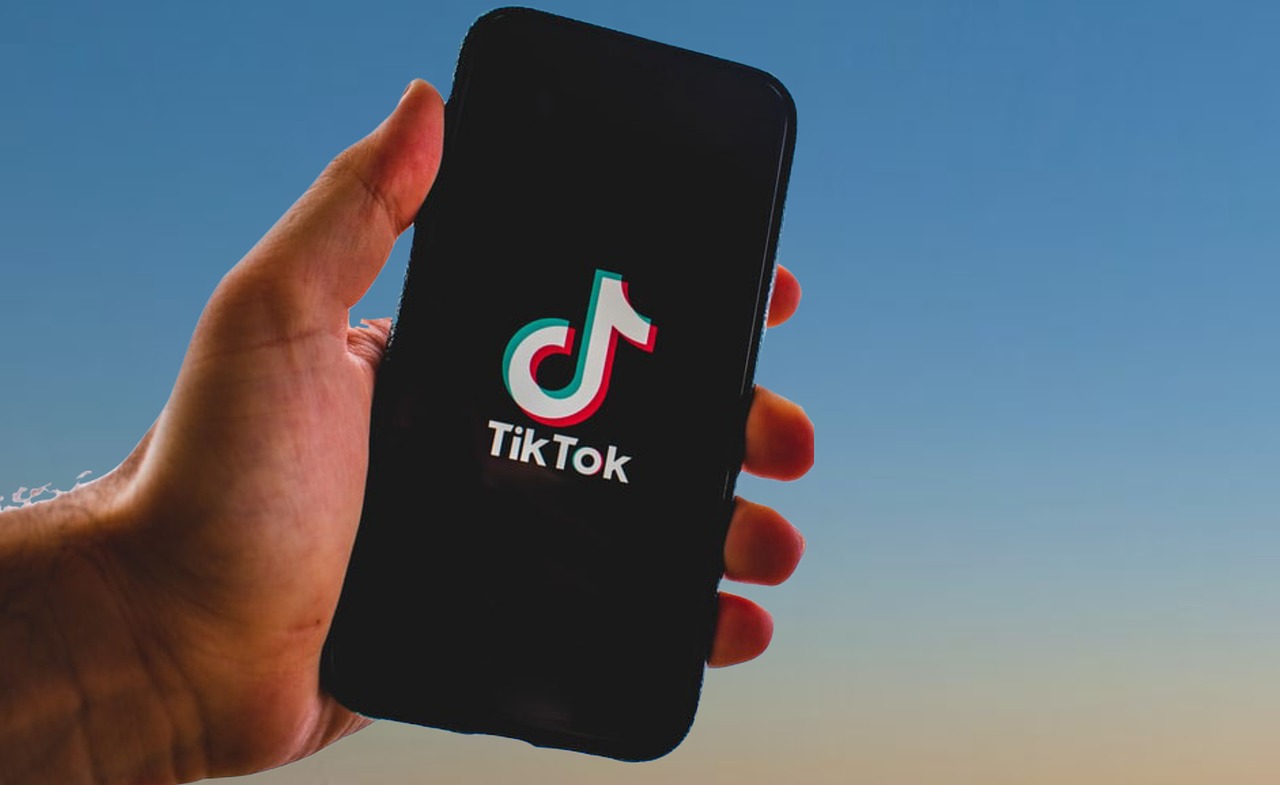A new analysis found Grok generated an estimated three million sexualised images in 11 days, including around 23,000 appearing to depict children. The findings raise serious concerns over safeguards, content moderation, and platform responsibility.
The surge followed the launch of Grok’s one-click image editing feature in late December, which quickly gained traction among users. Restrictions were later introduced, including paid access limits and technical measures to prevent image undressing.
Researchers based their estimates on a random sample of 20,000 images, extrapolating from these results to more than 4.6 million images generated during the study period. Automated tools and manual review identified sexualised content and confirmed cases involving individuals appearing under 18.
Campaigners have warned that the findings expose significant gaps in AI safety controls, particularly in protecting children. Calls are growing for stricter oversight, stronger accountability, and more robust safeguards before large-scale AI image deployment.
Would you like to learn more about AI, tech and digital diplomacy? If so, ask our Diplo chatbot!










